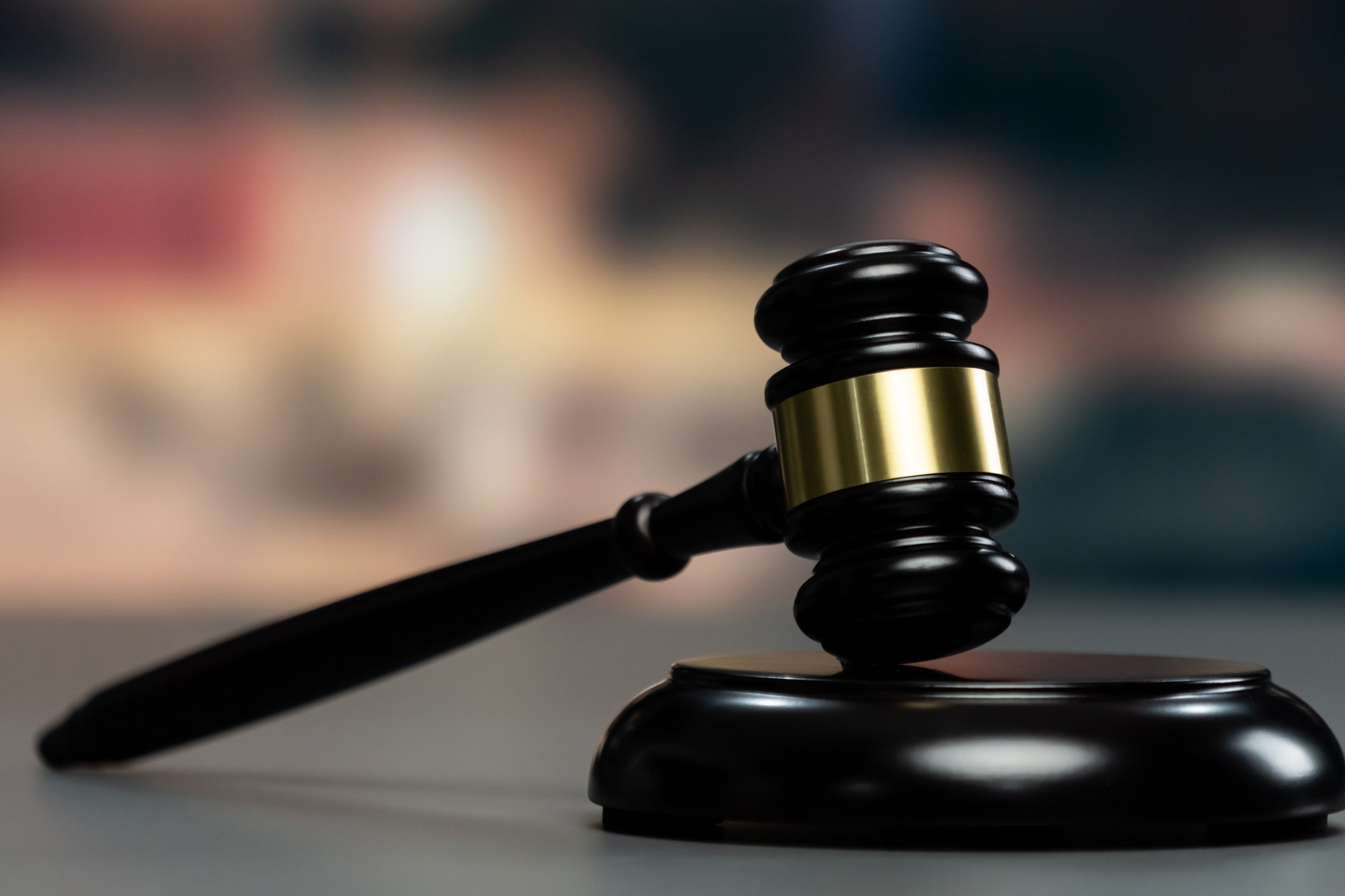Lawsuit Settled for $46.5 Million: Did Instacart Misclassify their Workers?
/In recent news, Instacart settled a worker classification lawsuit for $46.5 million.
The Case: District of Columbia v. Maplebear, Inc. D/B/A Instacart
The Court: California Superior CourtCalifornia Supreme Court
The Case No.: CV-496 June 2015
The Plaintiff: District of Columbia v. Maplebear, Inc. D/B/A Instacart
In September 2019, a California misclassification lawsuit alleged that Instacart improperly assigned delivery personnel as independent contractors. According to the complaint, Instacart failed to fully pay its grocery delivery crew due to the alleged misclassification. The lawsuit stated that Instacart employees were responsible for paying for COVID-19 personal protective equipment (PPE) and were also required to use their personal phones and maintain and fuel their personal cars. These are some expenses that the parties considered when negotiating the settlement amount.
The Defendant: District of Columbia v. Maplebear, Inc. D/B/A Instacart
The defendant in the case, San Francisco-baed Instacart, is the country's largest third-party grocery delivery service. Throughout the case, Instacart claimed they correctly classified their California personal shoppers. Instacart's personal shoppers picked, packed, and delivered grocery orders for Instacart customers, and they did so as independent contractors. Allegedly, Instacart failed to give employees adequate pay and breaks.
Details of the Case: District of Columbia v. Maplebear, Inc. D/B/A Instacart
The parties in the case, District of Columbia v. Maplebear, Inc. D/B/A Instacart, agreed to a $46.4 million settlement to resolve allegations that Instacart's California workers were wrongfully classified as independent contractors instead of employees. The proposed judgment submitted to San Diego Superior Court affects approximately 308,000 workers. The workers affected by the settlement worked for Instacart between September 2015 and December 2020. Settlement distribution will be based on how many hours workers put in during their time with the company. The settlement includes more than $6 million in civil fines to be deposited into a trust fund for consumer protection. The funds in the trust are designated for enforcing consumer protection laws. Individual restitution payments for the busiest workers will range from a few hundred dollars to thousands of dollars, depending on the number of hours worked. Instacart debuted its service in the city and county of San Diego in the middle of 2016 and has a significant market share, according to the city attorney's office. Also of note, Instacart made it clear that their agreement to the settlement does not constitute an admission of guilt.
The Issue in the Case: District of Columbia v. Maplebear, Inc. D/B/A Instacart
The issues, in this case, underscore the ongoing discussion of how companies should classify their workers, particularly gig economy workers like drivers for ride-hail services (Uber, Lyft, etc.) and delivery services for apps like Instacart, UberEats, DoorDash, etc. As part of the settlement agreement, the parties in the case dropped their appeal to the California Supreme Court.
If you have questions about how to file a California employment law complaint, please get in touch with Blumenthal Nordrehaug Bhowmik DeBlouw LLP. Experienced employment law attorneys are ready to assist you in various law firm offices in San Diego, San Francisco, Sacramento, Los Angeles, Riverside, and Chicago.





